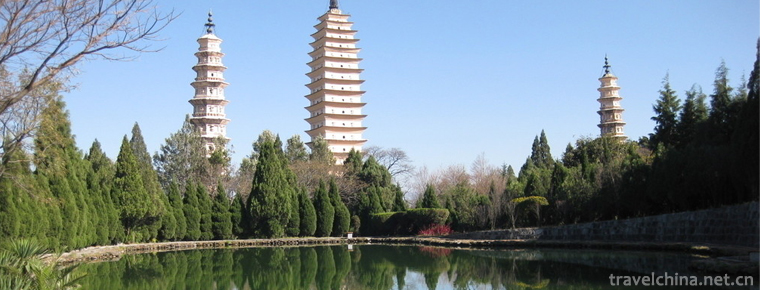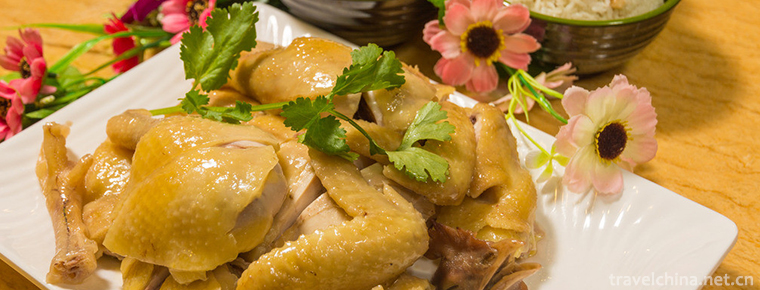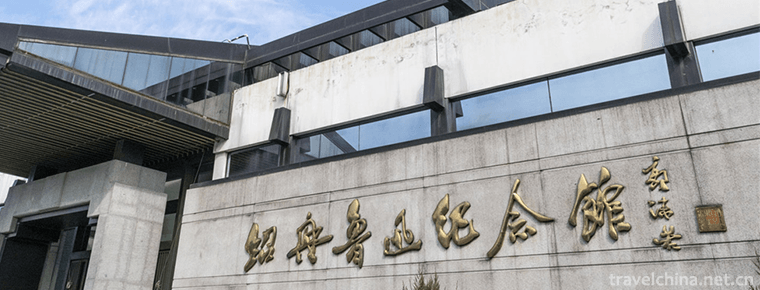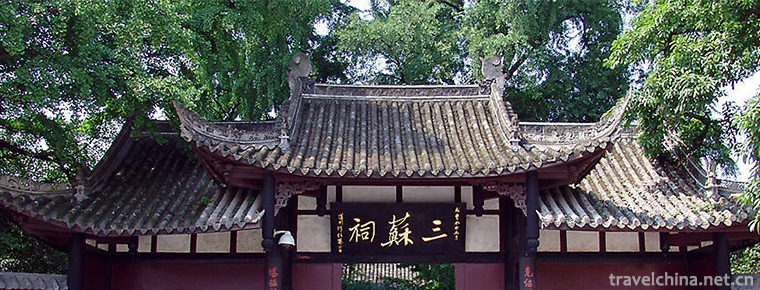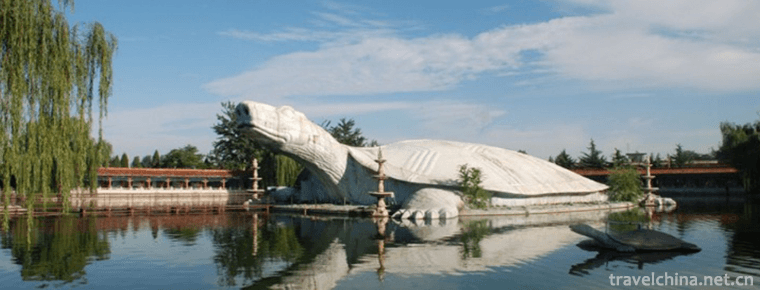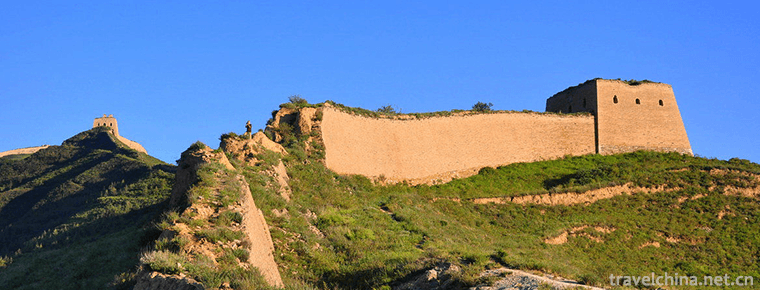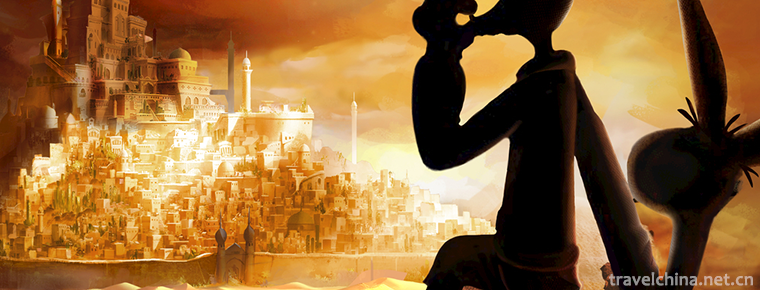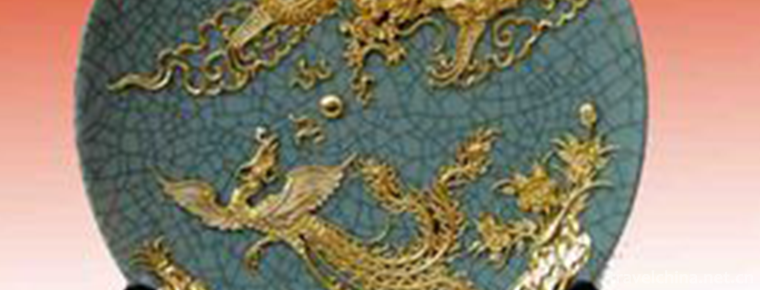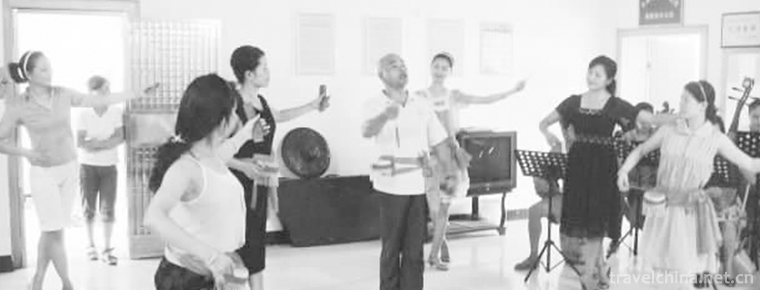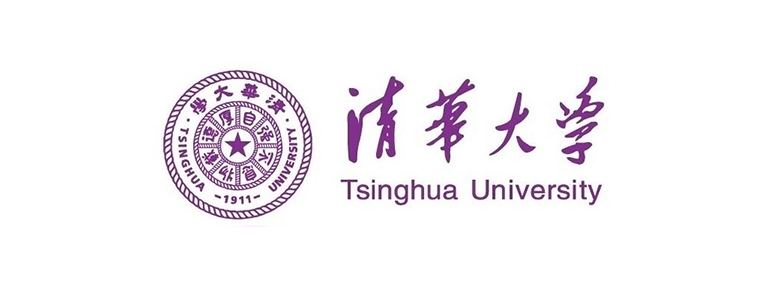Yangju Opera
Yangju Opera
Yangju, a local traditional drama in Yangzhou City, Jiangsu Province, is one of the national intangible cultural heritage. Yangzhou Opera, formerly known as "Weiyang Opera", is popular in Yangzhou, Zhenjiang, Jiangsu Province, parts of Anhui Province and in Nanjing and Shanghai. It is based on the Yangzhou folk song and dance drama Huagu opera and the incense opera played by wizards in the folk reward contest in northern Jiangsu. It absorbs Yangzhou Qing opera and local folk song minor tunes and finally takes shape.
Yangzhou Opera has a long history and rich heritage. It is not only an important part of Yangzhou traditional culture, but also has a special position in the development history of Chinese local opera. There are many musical cards in Yangju opera, such as life, Dan, Jing, Ugly and so on. It pays attention to Ugly and Dan's performance and forms the basic comedy style.
On May 20, 2006, Yangju Opera was selected by the State Council of the People's Republic of China as the first batch of national intangible cultural heritage catalogues with the number IV-56.
historical origin
origin
Yangzhou Huagu Opera and Yangzhou Xianghuo Opera are the embryonic forms of Yangzhou Opera. Yangzhou Huagu Opera was originally a pair of songs and dances. Only Xiaodan and a clown played two roles. After that, their roles increased and they were interwoven with laughter and banter. During the reign of Kangxi in the Qing Dynasty, this kind of Huagu Opera was performed. After absorbing Huiban and Yangzhou Qing Opera repertoire, the social class formed a relatively mature Huagu Opera, because Huagu Opera was silk strings. Musical instrument accompaniment, singing exquisite, so commonly known as "small opening". Yangzhou incense opera evolved from burning incense to worship gods and incense in the original countryside. The "incense" is the wizard who presides over the activities of incense opera. Because the incense opera is accompanied by big gongs and drums and has a high singing voice, it is commonly known as "big opening".
Development
In 1911, Yangzhou Xianghuo Opera entered Shanghai from Yangzhou and was renamed Weiyang Class. Yangzhou Huagu Opera first performed in Hangzhou World.
In 1920, Yangzhou Huagu Opera entered Shanghai, and Yangzhou Xianghuo Opera was renamed Weiyang Wen Opera. The two languages are identical.
In the spring of 1931, in the name of Weiyang Opera, Ten Meigang was jointly performed at Jubao Teahouse in Shanghai, which opened a new page in the development history of Yangzhou Opera.
In 1954, Weiyangwen Opera was named Yangju Opera.
artistic characteristics
Music Music Card
Yangzhou opera music belongs to the type of opera, which mainly consists of three parts: Huagu opera music, Xianghuo opera music, Yangzhou Qingqu music and Xiaosong. Flower-drum opera music includes barley melody, tofu melody, deep-friendship melody, falling-heart melody and other melodies, with healthy, simple and lively style; incense-fire opera music includes upper words, cross sentences, allegro, boat tune, fishing tune and other melodies, high-pitched and rugged, with strong local flavor; Yangzhou Qingqu and Yangzhou Xiaosong include Manjiang Hong, Duanluo, Yuyi. Tune, dressing table, cut flowers and other tunes, elegant, delicate, beautiful.
Accompaniment Instruments
The accompaniment of Yangju Opera is different from that of Wenchang. There are main hu, bow, pipa, three strings, yangqin, flute, suona and other instruments in Wenchang. There are percussion instruments such as plate drum, gong, gong, cymbal and Tanggu in Wuchang. The accompaniment of Yangju is light and beautiful, normative and flexible, distinctive in color and unique in personality, which is relatively rare in general operas.
Role Business
Although the roles of Yangju opera can be divided into life, Dan, Jing and Ugly, the differences are not strict. Actors have a wide range of acting paths and only male and female tunes in singing. The performances of all walks of life are mostly borrowed from Kun Opera and Beijing Opera, but they always keep the simple and lively characteristics of Huagu Opera and have a strong flavor of life. Yangju always attaches great importance to the performance of ugliness and danxing. Once an ugliness occurs, there are many traditional plays, which form the unique comedy style of Yangju.
Distribution area
Yangzhou Opera is the most popular art that can represent Yangzhou's regional customs. It is distributed in Yangzhou, Zhenjiang, Nanjing, Taizhou and Huaian of Jiangsu Province, as well as in Tianchang, Chuzhou and Lai'an of Shanghai and Anhui Province, which are adjacent to Jiangsu Province.
Representational repertoire
There are more than 400 traditional operas in Yangju opera, among which the most influential ones are Jade Dragonfly, Pearl Tower, Land Examination, Embroidery Margin, Wang Zhaojun, Lantern Sleep, White Peony in Three Opera, Life Feast for Women, Woodcutter and Painting Girl, Biography of Hongyan, Hundred Years Old Head Hundred, etc.
Inheritance and Protection
Inheritance value
Yangju has a high aesthetic and ornamental quality, rich ideological connotation, can convey the cultural concepts and aesthetic trends of a specific region, has the cognitive and research value of history and culture, and is a precious treasure in the treasure house of Chinese drama culture.
Current situation of inheritance
Over the past decade, due to the impact of multiculturalism in modern society, people's aesthetic concepts have changed, the audience of Yangju opera has decreased, the opera troupe's survival is difficult, and the whole opera is facing a survival crisis.
Heritage figures
Li Kaimin, female, Han nationality, born in Yangzhou, Jiangsu in 1939. In February 2008, he was selected as the representative successor of the second batch of national intangible cultural heritage projects, and the first-class actor.
Wang Qin, female, Han nationality, born in 1940, from Yangzhou, Jiangsu Province. In February 2008, he was selected as the representative successor of the second batch of national intangible cultural heritage projects, and the first-class actor.
protective measures
The inheritance of Yangju has two pedigrees: the inheritance of teachers and apprentices and the inheritance of families. The Jin, Gao and Hua schools formed by Keban praise the three major schools of drama. In addition, the three major schools of Yangju Opera, such as the Cui family in Yizheng and the Wu family in Jiangdu, have trained many outstanding talents. The older generation has Zang Xuemei, Gao Xiuying, Jin Yungui, the middle-aged generation has Li Kaimin, Khanqin, Yao Gonglin, and the younger generation has Xu Xiufang, Li Zhengcheng, winners of the plum blossom prize. (Also won the Magnolia Award, Wenhua Award), as well as Sun Aimin, Grayline, Zhao Zijun, Wang Ruiru and so on.
Yangzhou vigorously develops the cause of opera and devotes itself to training outstanding young Yangju performers. By offering courses of opera culture, setting up master studios, and selecting a group of performers to send to the Chinese Academy of Opera for systematic study, Yangzhou has injected more fresh blood into the development of Yangju.
social influence
Honorary recognition
In 2012, the modern drama "Youth Tree" produced and performed by Yangzhou Yangju Research Institute won the "Five-one Project Award" for the construction of spiritual civilization in Jiangsu Province.
social activities
Yang Drama Salon-Liu Shenchao Photographed by Slender West Lake (8)
In March 2014, the newly-written historical drama "Clothes and Gentlemen" participated in the exchange tour of excellent stage arts in Shanghai and Jiangsu. The CCTV Opera Channel Air Theater made a live video of the whole play and broadcast it on CCTV.
In October 2014, the Yangju Institute's "Legend of White Snake" troupe went abroad to represent Jiangsu Province to participate in the performance of the International Art Festival at Quanluo North Road, Korea.
On October 16, 2018, as one of the new stage performances of the 2018 Zijin Cultural and Art Festival, the traditional classic drama of Yangzhou Opera "Hundred Years in Hand" was performed by young actors of Yangzhou Yangzhou Opera Research Institute in Nanjing Zijin Theatre, Jiangsu Province.

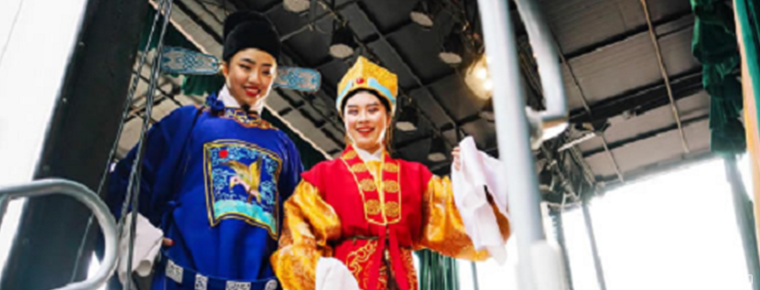
-
The Chongsheng Temple And The ThreePagoda
The Three Pagodas of Chongsheng Temple are situated 1.5 kilometers northwest of Dali ancient city.
Views: 172 Time 2018-10-17 -
Wenchang chicken
Hainan Wenchang chicken, special product of Wenchang City, Hainan, China national geographical indication product. .
Views: 223 Time 2018-11-05 -
Shenyuan Scenic Spot Lu Xuns Hometown
Shenyuan is a national 5A scenic spot, located in Chunbolang, Yuecheng District, Shaoxing City. It is a famous garden in Song Dynasty. Shenyuan has a history of more than 800 years..
Views: 120 Time 2018-12-07 -
Sansu Temple Scenic Area
Sansu Temple Scenic Area is located in the west of Meishan City, Sichuan Province. It is a national AAAA-level tourist attraction, a national key cultural relics protection unit, and a national second.
Views: 95 Time 2018-12-19 -
Oriental Giant Turtle Garden
Located on the East Bank of Yehe River in Pingshan County, Hebei Province, the Oriental Giant Turtle Garden is near Xibaipo, a sacred revolutionary site, 35 kilometers east of Shijiazhuang.
Views: 110 Time 2018-12-20 -
Qingshuihe Ming Great Wall Site
The site of the Great Wall of the Ming Dynasty begins at Jiayuguan in Jiayuguan City in the west, passing through Jiuquan, Gaotai, Linze, Zhangye, Shandan, Yongchang, Minqin.
Views: 176 Time 2019-02-07 -
Avanti
Avanti, also translated by the Albanian side, (Uygur "Mr." means, Arabic: Juha or Nazar Ding), is a person active in Islamic nationalities from Morocco in the west to Xinjiang in China..
Views: 141 Time 2019-03-28 -
Xiamen lacquer line carving skills
Xiamen lacquer line carving technique is to use old brick powder, large paint and cooked tung oil as raw materials to mix, repeatedly beat into soft and resilient clay (commonly known as "lacquer.
Views: 84 Time 2019-06-12 -
Yongxin Drum
Yongxin Xiaogu is one of the traditional operas in Ji'an City, Jiangxi Province, which originated from Taoism. Legend has it that it was formed in Yongxin, Jiangxi Province during the reign of Qingdao.
Views: 177 Time 2019-07-14 -
Tsinghua University
The campus of Tsinghua University is situated in northwest Beijing on the site of the former imperial gardens of the Qing Dynasty, and surrounded by a number of historical sites..
Views: 185 Time 2019-08-31 -
Chongzhou Confucian Temple
One of the four best preserved Confucian temples in Sichuan Province. National key cultural relics protection units. Confucius Cultural Center in Western China. It is located in the south of Chongzhou painting pool. .
Views: 331 Time 2020-11-05 -
Suining medical and health
By the end of 2019, there are 3725 medical and health institutions in Suining, including 76 hospitals (63 private hospitals) and 3622 primary medical and health institutions; there are 21400 beds in medical and health institutions and 18200 health technicians.
Views: 382 Time 2020-12-16
